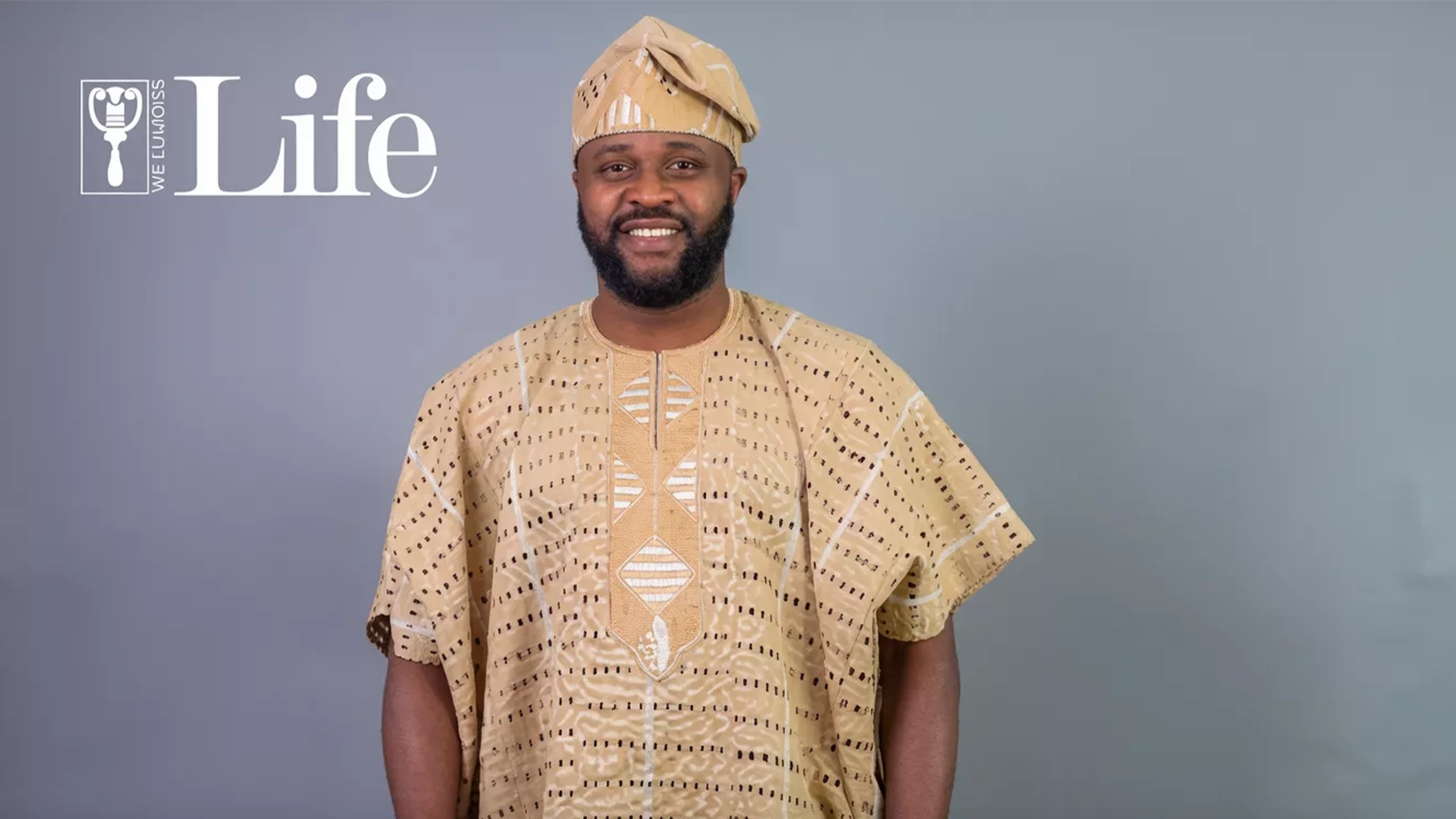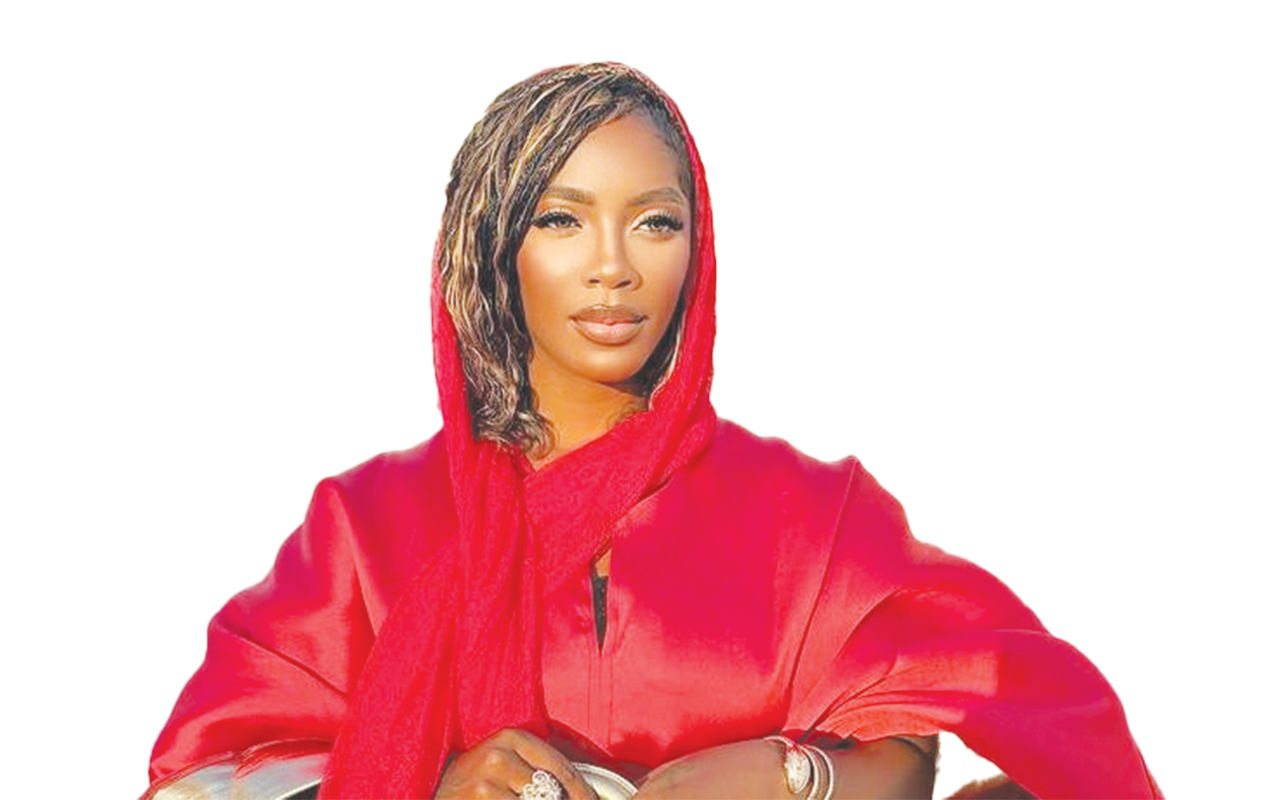 Nigeria is a diverse cosmopolitan nation with over 250 ethnic groups with largely distinct languages that influence individual musical styles. Music was employed in traditional societies for communal celebrations/social events, religious/ritual purposes and leisure/ entertainment.
Nigeria is a diverse cosmopolitan nation with over 250 ethnic groups with largely distinct languages that influence individual musical styles. Music was employed in traditional societies for communal celebrations/social events, religious/ritual purposes and leisure/ entertainment.
For Islamic music artiste, Rukayat Gawat-Oyefeso, she didn’t choose to do music but the profession found her at17, and she has been in the business for 20 years. “I grew up with a strong passion for music, and when I realized I could sing, I jumped at the opportunity,” she said.
Awarding winning Gawat-Oyefeso rose to the limelight few years ago when she released Ogbe Okan (Wound of the mind), which also earned her City People award as ‘Best Female Islamic Musician’.
Speaking on why her style of music speaks about the woman plight and how to make a good home, Gawat-Oyefeso said: “in most of my songs, I talk about homes and I advise women because I know what it takes to keep a peaceful home.
“It is very challenging, I have been married for over nine years and it has not been easy; we just have to live in peace and harmony. So, that is the reason why in most of my duets, I talk about the dos and don’ts of a household. According to Islam, it is not proper for a woman to live alone but with her husband. All these are aided with my personal experiences.”
On the secret of her success, the daughter NTA’s Islamic programme presenter, who went missing in 2012 stated that her father’s name is instrumental. “Everyone who loved my father transferred the love to me after he went missing. Secondly, Yoruba appreciates responsible good looking and well-mannered personalities.
“Having a good father is wonderful, but being a good person is a bonus for me. Whenever people meet me, they see the Islam in me, testifying to the life of a role model that I live.”
For Gawat-Oyefeso, music goes a long way in life, because music changes human moods when we are sad. “Music in Islam is important. “If you move closer to some Islamic clerics, they will tell you that there is nothing like music in Islam. Music is a tool to shape opinions and pass messages; it is life. Music is anything you can think of; it is everything.
“Although I am a very shy person, but once I grab the microphone, everything seems to be different. I can say that the microphone gives me boldness and music boosts my confidence,’ she stated.
According to her, there is a big lesson for everyone to learn from Alao Jowu Jowu album, which was released sometime ago. “It’s a real life story of someone very closed to me,” she enthused.
On what is up her sleeves, the graduate of Mass Communication from the Olabisi Onabanjo University (OOU) said, “I am currently working on an album titled Araba, a three-track album. Araba is an album dedicated to the leader of All Progressives Congress (APC), Asiwaju Bola Ahmed Tinubu.
“I’m also set for my yearly charity work. I launched my charity organization, Imole in 2015, which also my stage name, where we recorded a number of 120 widows, who received food items and other gifts. This next edition is expected to have a massive turn-up as we anticipate about 500 widows.”
Speaking on features lacking in Islamic music videos, the sheikha of Islamic music in Nigeria said, “As an Islamic musician, we do not earn enough to pay for an excellent video shoot, unlike our hip-hop counterparts. There are different qualities of directors, camera, and the music are for different purposes. Musicians pay for only what they can afford.
“I want to shoot four videos soon and I need to use red camera, and that kind of camera costs N90,000 per day, that means I have to pay N350,000 for that four days, and my editor is demanding that I must pay N200,000 for four minutes. If you are not strong, you can’t afford that.
“The difference between me and other Islamic artistes is that I have other businesses where I can get money to fund the shooting of my videos. I want to lay a standard for the Islamic musicians to emulate, using quality costumes and locations.”
On what is expected of an Islamic musicians, she said, “As an Islamic musician, I restrict myself from attending indecent parties. How will an Islamic artiste go to clubs and events, where alcohol is the hallmark?
Though I receive invitations for different events, I often turn them down responsibly. It’s bad for any Islamic musician to use bleaching cream. Bleaching the skin is another thing I will not attempt, because my fans deserve a responsible me.”
[ad unit=2]






